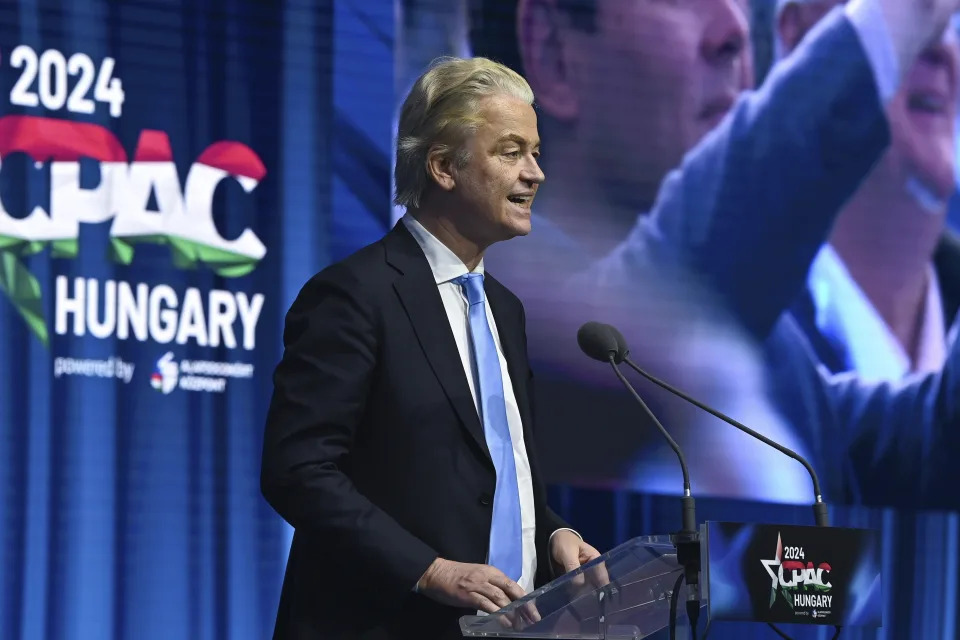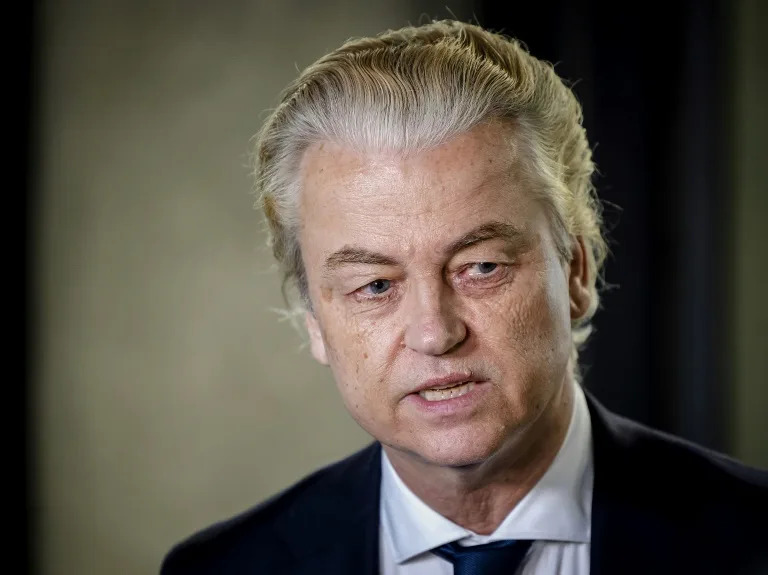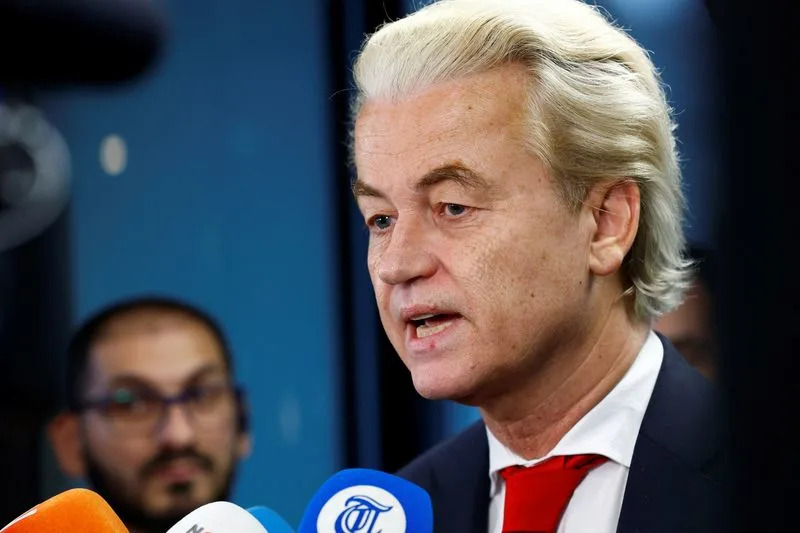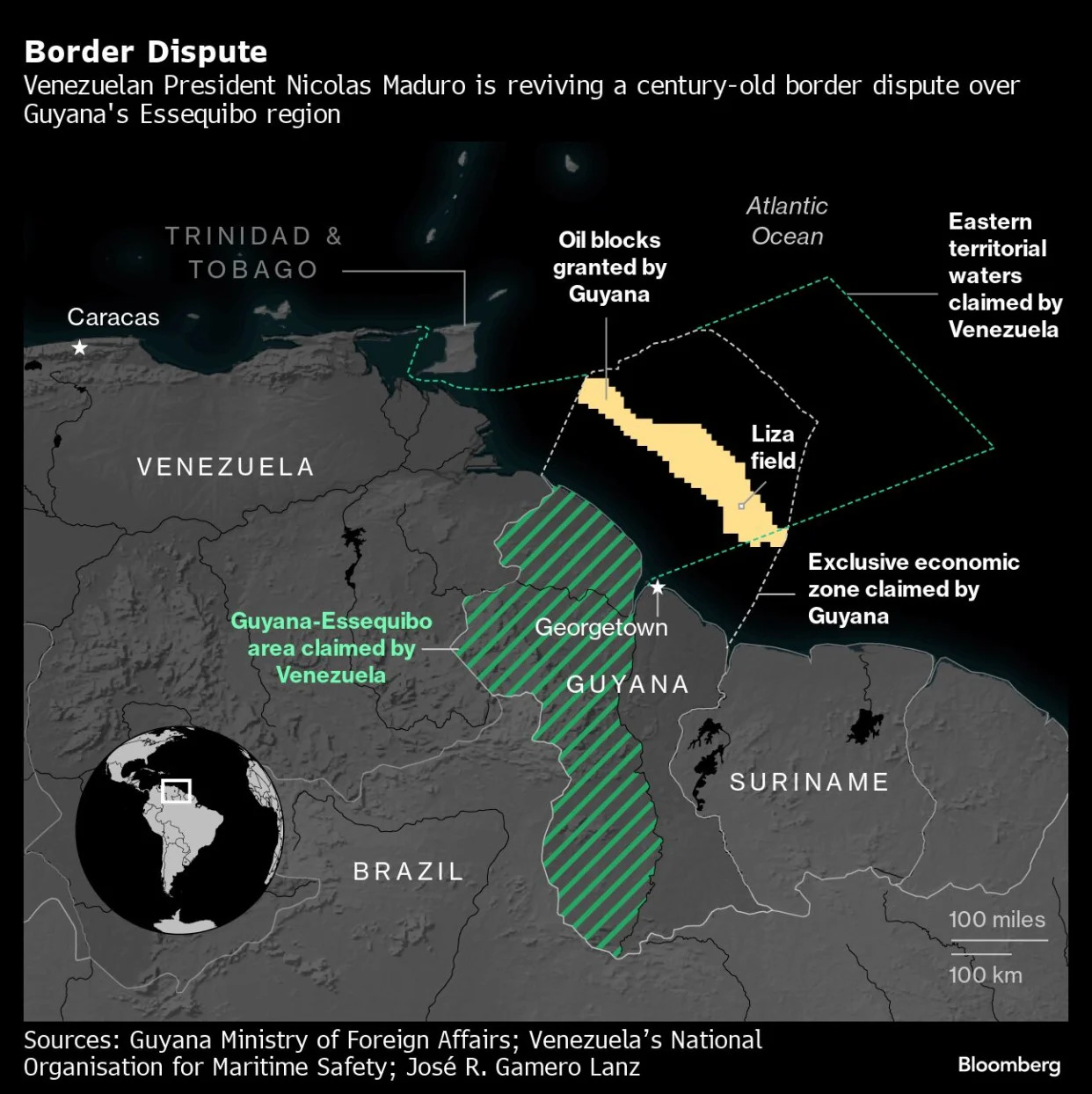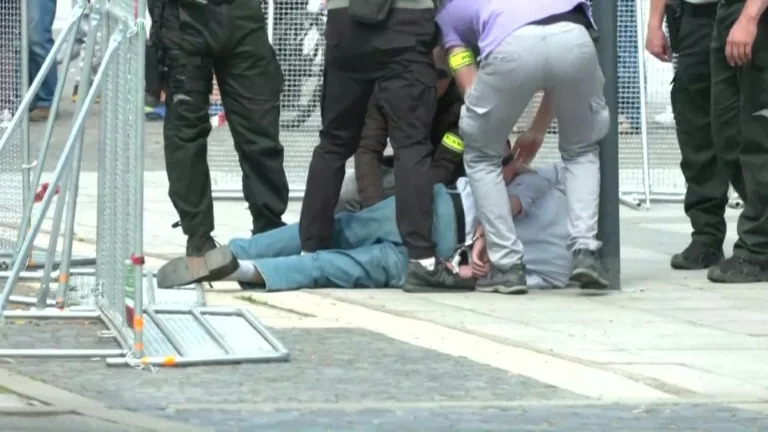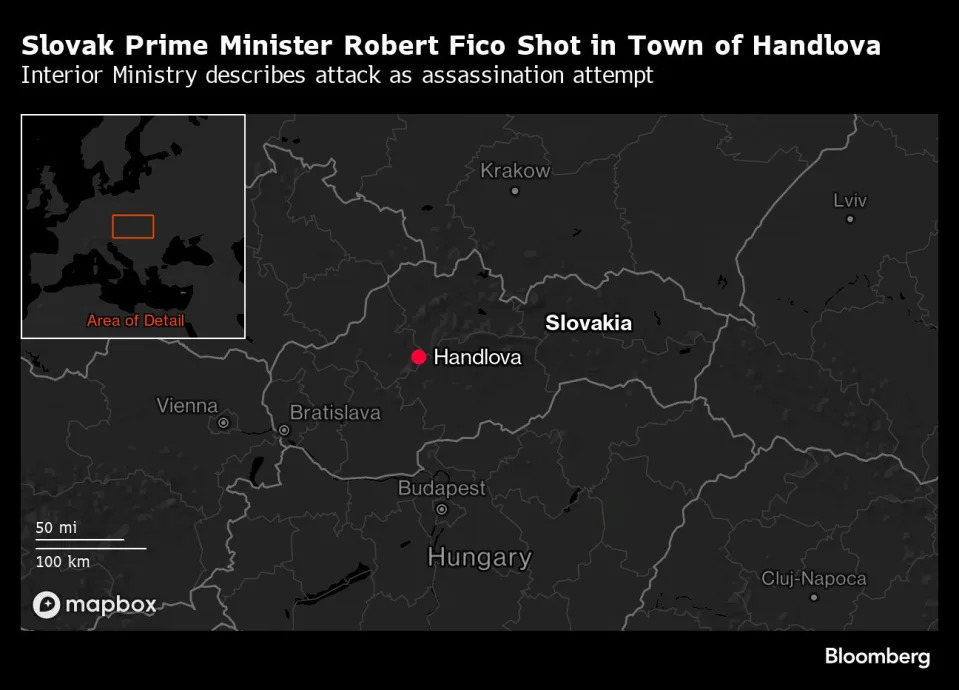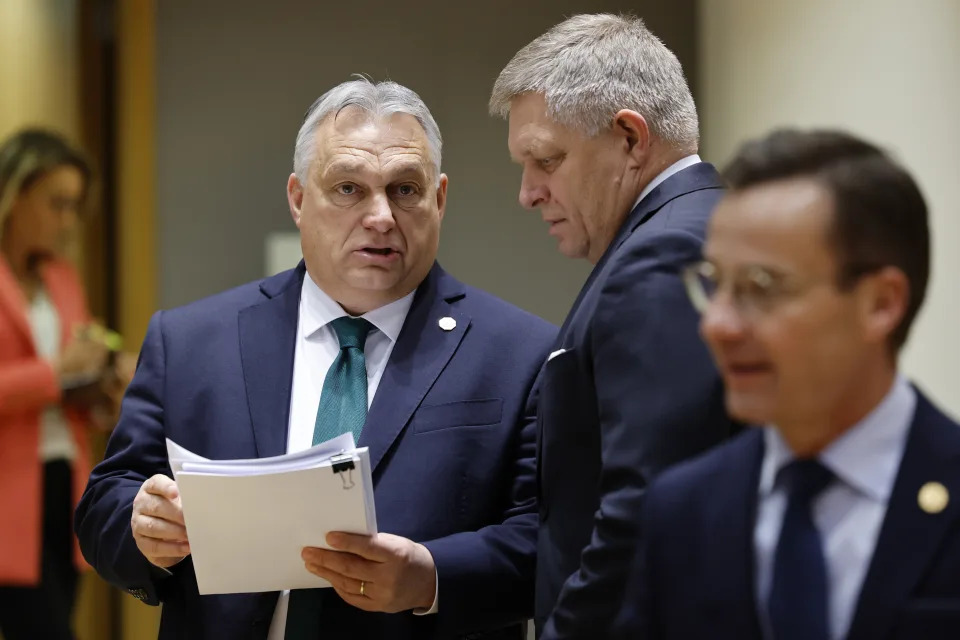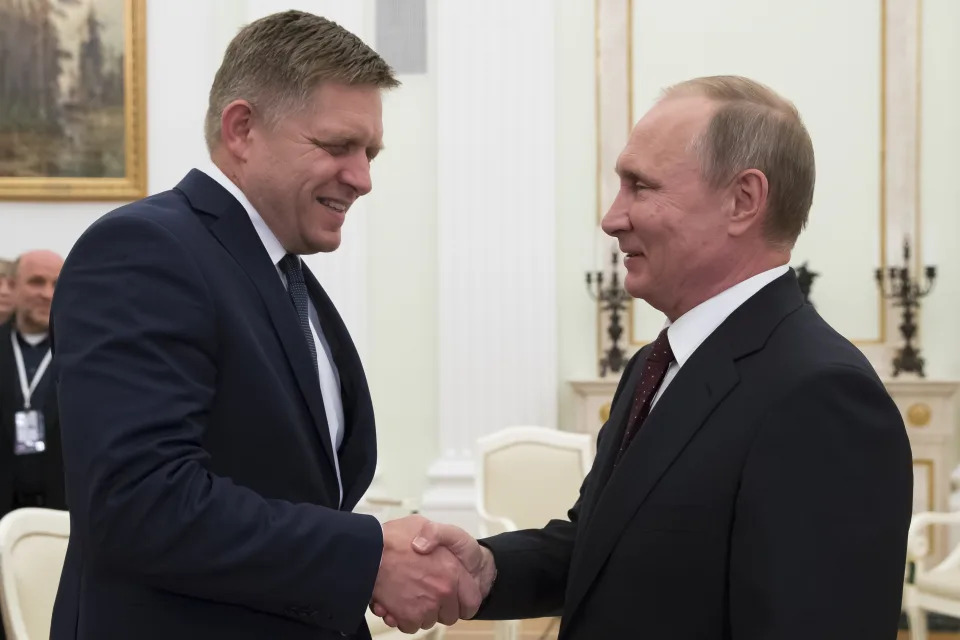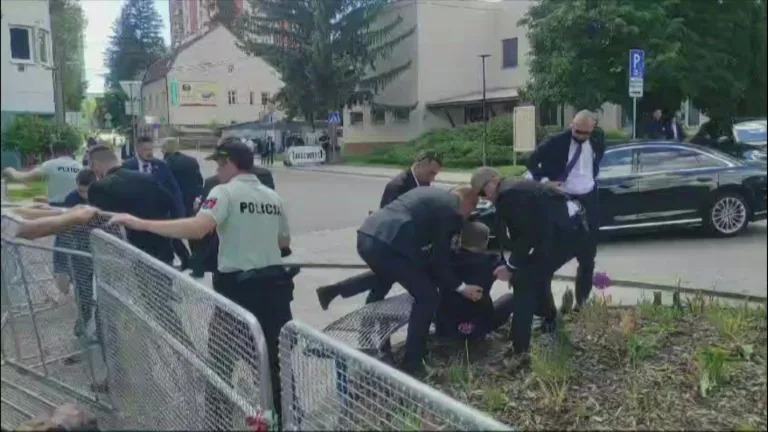ACACIA CORONADO
Updated Tue, May 14, 2024

FILE - Ivy grows near the lettering of the an entrance to the University of Texas, Nov. 29, 2012, in Austin, Texas. Texas universities eliminated or changed hundreds of jobs in recent months in response to one of the nation's most sweeping bans on diversity programs on college campuses, school officials told lawmakers Tuesday, May 14, 2024. (AP Photo/Eric Gay, File)
AUSTIN, Texas (AP) — Texas universities eliminated or changed hundreds of jobs in recent months in response to one of the nation's most sweeping bans on diversity programs on college campuses, school officials told lawmakers Tuesday.
In the fullest public accounting of the new Texas law to date, the head of the University of Texas system announced that its nine academic and five health campuses alone had cut 300 full- and part-time positions. Those campuses combined also did away with more than 600 programs related to diversity, equity and inclusion training.
"You may not like the law, but it is the law,” University of Texas Systems Chancellor James Milliken said.
Milliken was one of several chancellors who GOP state senators called to the Texas Capitol to testify on how campuses are complying with the law signed by Republican Gov. Greg Abbott last year. Texas is among about one-third of states across the nation that have taken steps to limit or prohibit DEI initiatives and practices.
Republican state Sen. Brandon Creighton, in a letter to chancellors in March, said he was concerned that some campuses were trying to skirt the law or find loopholes, such as renaming employing titles or campus offices.
“This letter should serve as a notice that this practice is unacceptable,” Creighton wrote in the letter.
Republican lawmakers in about two dozen states have filed bills seeking to restrict DEI initiatives this year, according to an Associated Press analysis using the legislation-tracking software Plural. Meanwhile, Democrats have sponsored measures supporting DEI in at least 20 states.
Last month, the flagship University of Texas campus in Austin — one of the largest campuses in the U.S. — announced the closure of the school's Division of Campus and Community Engagement and the elimination of jobs in order to comply with the ban.
Earlier this year, the University of Florida announced more than a dozen terminations in response to a similar state ban.
Texas A&M University System Chancellor John Sharp told lawmakers the legislation “makes it crystal clear” that “if you tread back into the bad waters, something bad is going to happen to you.”
On Monday, the University of North Carolina at Chapel Hill Board of Trustees approved diverting $2.3 million of state funds for advancing diversity to instead serve public safety and policing. The move comes as North Carolina’s public university system will consider changing its diversity policy before the legislature steps in.
In Oklahoma, the head of the University of Oklahoma’s Carl Albert Congressional Research and Studies Center announced earlier this month that he was forced to terminate its National Education for Women Leadership program because of an anti-DEI executive order signed by Republican Gov. Kevin Stitt last year. The program trained more than 650 women from dozens of colleges and universities across the country over the past 20 years.
“As one of only a handful of women to have held leadership positions in the Legislature since statehood, I believe this program’s elimination is a terrible loss,” said Democratic Oklahoma state Sen. Kay Floyd in a statement.
———-
Associated Press writer Sean Murphy in Oklahoma City contributed to this report
Texas Senate panel holds hearing on DEI, antisemitism. What UT chancellor said of protests
Lily Kepner, Austin American-Statesman
Wed, May 15, 2024
University of Texas System Chancellor J.B. Milliken said elements of the pro-Palestinian protests over the past few weeks at UT were antisemitic in response to a question from the Texas Senate Higher Education Subcommittee, citing testimony from a Jewish UT student who spoke to the panel of his experience.
The subcommittee on Tuesday held hearings with university system chancellors over their institutions' compliance with Senate Bill 17, a state law that went into effect in January and bans public universities from having diversity, equity and inclusion offices or related functions, and the hearing also focused on antisemitism on campuses and free speech policies born from Senate Bill 18, a 2019 law that made public universities' outdoor spaces traditional public forums.
Outside of the chancellors and counsels, the committee had three invited panelists — a UT student, a UT professor specializing in the First Amendment and the policy director of the Anti-Defamation League — with the student and league speakers discussing increasing antisemitism and fear affecting Jewish students due to recent pro-Palestinian protests on college campuses. No pro-Palestinian representatives were included in the subcommittee's agenda.
Sen. Brandon Creighton, R-Conroe, the author of SB 17 and the subcommittee's chairman, asked Milliken and Texas A&M System Chancellor John Sharp, "If you both recognize, especially what happened on the UT campus and across the country, that these were anti-Jewish protests in their very nature?" referring to the pro-Palestinian demonstrations on campuses.
Milliken affirmed that elements of the protests were antisemitic, and said he'd agree that they were anti-Jewish. Sharp said the protests at Texas A&M campuses have been less intense, but that he has no tolerance for antisemitism.
The protests at UT called on the university and the UT System to divest from Israeli weapons manufacturers. More than 130 people were arrested over two protests at UT — the first on April 24 and another on April 29 when demonstrators set up a surprise encampment that was quickly dismantled by police.

University of Texas graduate Jackie Compos, right, marches with others from the UT campus to the Capitol ahead of a Texas Senate Higher Education Subcommittee hearing Tuesday on campus free speech and Senate Bill 17, the bill banning diversity initiatives in Texas public colleges.
Antisemitism and campus free speech
UT sophomore Levi Fox testified to the panel about his experience with antisemitism on campus, including an encounter with a UT professor he said had approached him and verbally harassed him with an antisemitic threat.
"People ask how the Holocaust happened," Fox said. "Auschwitz wasn't built overnight. It was built as Jew hatred gradually became accepted and when society was desensitized to hate."
Fox said he knows people who have hidden their Judaism or are afraid of being seen going into Jewish spaces for fear of being targeted.
Courtney Toretto from the Anti-Defamation League said this year has had the greatest number of antisemitic incident reports since the group started collecting data decades ago. Toretto also spoke about the impact of chants like "From the river to the sea" and the "intifada," which she said call for the destruction of Jewish people in Israel.
"Many Jewish students report feeling isolated and targeted by these protests. While ADL vehemently supports the right to free speech and peaceful protest, we draw the line when conduct on campus crosses the line into harassment that threatens public safety and (students') well-being," Toretto said.
Fox told the American-Statesman after his testimony to the subcommittee that he is a staunch believer in free speech, and he hopes the Legislature guards free speech and protects Jewish students by encouraging more Holocaust education in schools. Asked when protests crossed the line, he said when there is violence and intimidation.
"There is no category of speech in United States law known as hate speech," Steven Collis, director of the Bech-Loughlin First Amendment Center and a professor at UT's Law School, told the subcommittee. But speech that incites violence or raises a "reasonable fear of imminent bodily harm" can be limited, he said.
Public universities are allowed to set reasonable restrictions and rules for protesting as long as they are implemented in a content-neutral way, he said.
"They try to conflate antisemitism with a student's right to protest and to free speech, which is wrong in and of itself," Rep. Ron Reynolds, D-Missouri City, told the Statesman after the Texas Legislative Black Caucus, which he chairs, held a news conference Tuesday over SB 17 and the right to protest.
Islamophobia was not mentioned as part of the subcommittee's agenda or at the panel. During the public testimony portion of the meeting Tuesday some speakers asked for there to be "equal protection of free speech."
SB 17 compliance, difficulties and successes
Milliken and Sharp asserted their commitments to following SB 17 exactly as written. But UT System's general counsel, Daniel Sharphorn, told the subcommittee that the system has struggled with the law's effects on grants.
"We've struggled mightily with how to handle the grants," Sharphorn said. "Part of it is talking to the granting agency to know what laws we're dealing with. ... Right now, I don't know that we've learned enough to know what the impact is going to be."
Brooks Moore, Texas A&M System's general counsel, said he thinks the accreditor's language is broad enough that he is not worried.
Milliken said the system has reallocated about $25 million that was previously used toward DEI, according to what the institutions have reported. The system closed 21 offices, eliminated 311 full- and part-time positions, and cut about 681 contracts, programs and trainings, Milliken said.
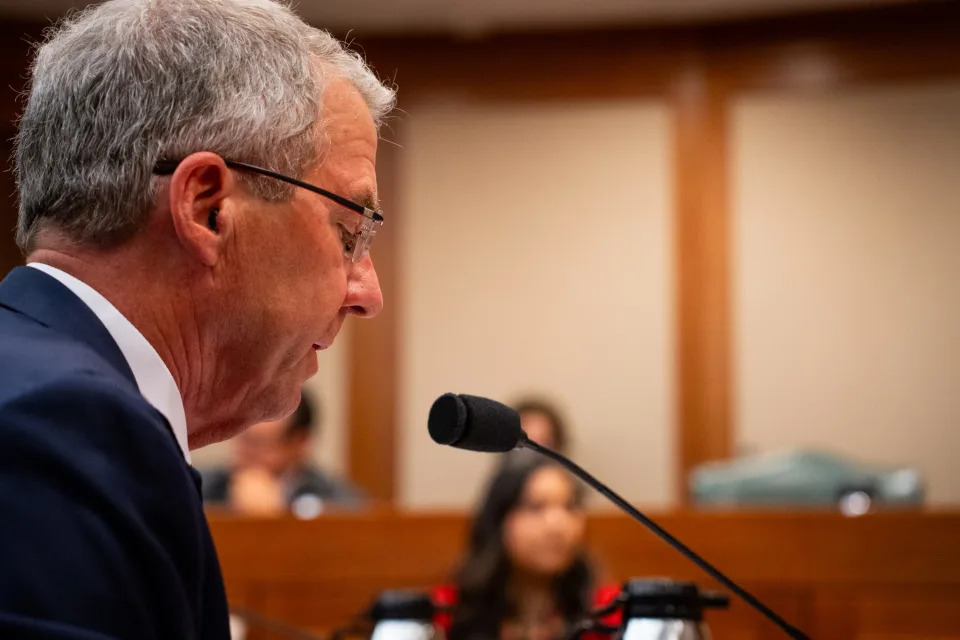
UT System Chancellor J.B. Milliken said at Tuesday's hearing that he believed the pro-Palestinian protests at UT had been antisemitic.
The 311 eliminated positions include the 49 former DEI staff positions that UT President Jay Hartzell cut April 2 as part of a reorganization after SB 17 that included the closing of the adapted Division of Campus and Community Engagement, a UT System spokesperson confirmed.
Also in April, four months after the compliance deadline, UT-Dallas announced that it would close a new office created to comply with SB 17 and eliminate about 20 staff positions that had been adapted.
Creighton said there's compliance as written, and then there's compliance "beyond the four corners of the document." He said UT seemed to take a "holistic approach," including finding other duplicative efforts and inefficiencies and making changes, and he asked how it came to those conclusions.
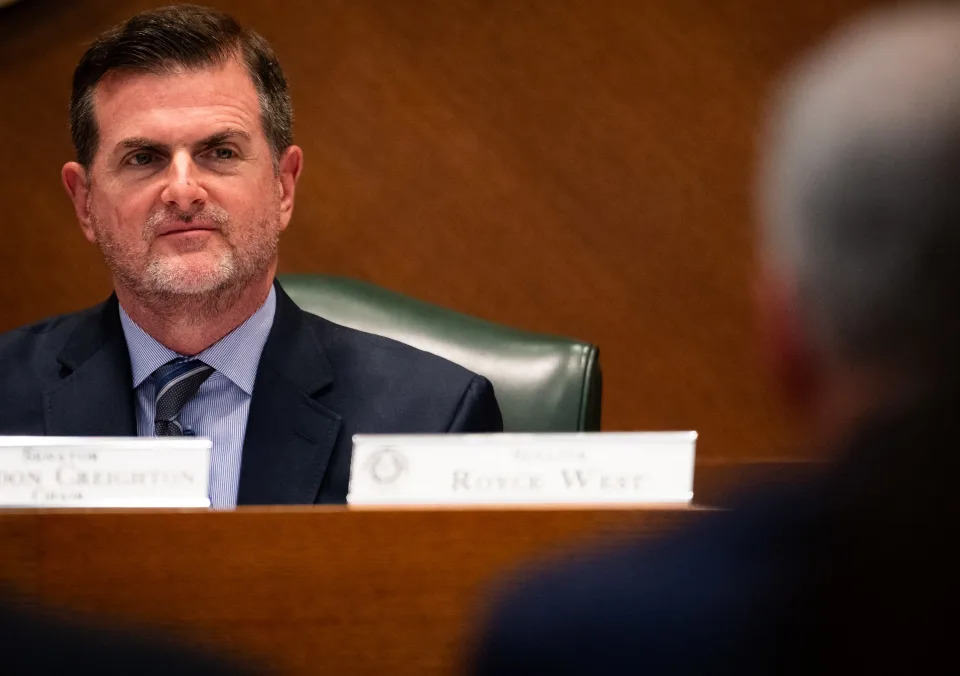
Sen. Brandon Creighton, R-Conroe, the author of Senate Bill 17, listens to UT System Chancellor J.B. Milliken during Tuesday's hearing.
"Our board made a pretty strong statement about this last fall, that this is the law of the land, that we will fully commit to implement every element of it," Milliken said.
Sharp said the Texas A&M System had fewer DEI resources to start with, and only eight positions across the system had been eliminated, not including student positions.
Both systems asserted their ability to audit their institutions by this summer and work with state auditors.
Milliken initially said that all systems have worked together to ensure uniform compliance, but differences later emerged. In response to a question from Sen. Royce West, D-Dallas, Sharp said that Texas A&M has not changed its financial support of student groups because it is exempt from the law. At UT-Austin, sponsored student groups who had been under the now-closed Multicultural Engagement Center lost their university funding due to SB 17.
Milliken said the sponsored groups were different because they had their own university spaces and other privileges, and they are now registered organizations, which do not receive university funding.
West also asked if there is a reporting process for eliminated programs that people feel are overcompliant with the law. Milliken said the power to reinstate any programs would fall to the presidents of the institutions.
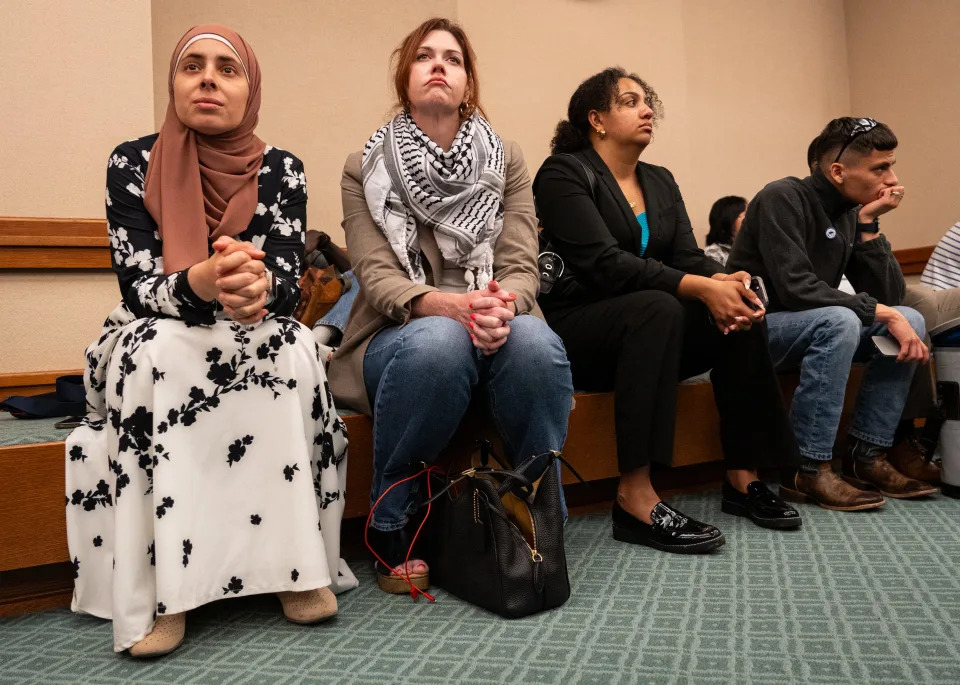
From left, Aman Odeh, sits with Jessica and Gracie I. in the overflow room to watch the subcommittee hearing.
Creighton, Milliken and Sharp also stated their commitment to helping ensure access to all. Milliken pointed to the Promise Plus endowment at the UT-Rio Grande Valley campus, which covers all tuition for students whose families makes a combined income of less than $100,000.
Gary Bledsoe, president of the Texas Chapter of the NAACP, spoke at the news conference the Texas Legislative Black Caucus and other organizations held at the same time as the hearing. In an interview with the Statesman, he said DEI is intended to help all, and the absence of it has created a "hostile" environment at UT.
"If you think somebody's not included in DEI, change the definition and the scope and keep the existing people," Bledsoe said. "That shows again that it's a lie."

UT student Levi Fox answers questions from Sen. Brandon Creighton during the hearing. Fox said he had experienced antisemitism on campus.

The Texas Senate Higher Education Subcommittee hears from UT student Levi Fox, center left, Anti-Defamation League Policy Director Courtney Toretto and First Amendment lawyer Steven T. Collis.
Under scrutiny from legislators, Texas university leaders attest to how they’re complying with the state’s DEI ban
Sneha Dey
Tue, May 14, 2024

The Senate Committee on Education held a hearing on antisemitism, free speech and compliance with the state's DEI ban on May 14, 2024. Credit: Leila Saidane for The Texas Tribune
Public university leaders tried to demonstrate their schools can still build diverse student bodies in a post-DEI reality and acknowledged a rise in reports of antisemitism on campuses at a wide-ranging hearing Tuesday that covered some of the most explosive issues rattling higher education in the state.
In their first public testimony since the ban on diversity, equity and inclusion offices went into effect, university system administrators explained to the Texas Senate subcommittee on higher education how they were complying with the state law. They said they have redirected millions of dollars away from their now-defunct DEI offices toward redoubling recruiting efforts and developing alternative student support programs.
“Every dollar spent on bloated university bureaucracy should be redeployed to ensure that all Texas students regardless of race, are college ready and heavily recruited for those that want to apply to a college,” said State Sen. Brandon Creighton, R-Conroe, who shepherded the DEI ban through the Legislature last year.
Lawmakers put an end to DEI offices when they passed Senate Bill 17 during the 2023 legislative session. The law went into effect in January. Opponents of DEI programs and training said those programs indoctrinated students with left-wing ideology and forced universities to make hires based on their support of diversity efforts rather than on merit and achievement.
Creighton called Tuesday’s hearing after he and GOP leaders expressed concerns that colleges were not fully complying with the law. The Conroe Republican has not provided specific examples about what reports of noncompliance he has received or discussed them at the hearing.
Creighton pressed Texas Tech University leaders about how they were changing the culture at the West Texas school so that DEI practices did not reemerge.
Texas Tech came under fire last year after its biology department asked job candidates to submit so-called diversity statements and gave them negative marks for failing to articulate the difference between “equality” and “equity.” Diversity statements are typically one- to two-page letters in which job candidates are asked to share their experiences working with diverse populations and their commitment to helping a diverse group of students succeed. Critics have characterized them as political litmus tests.
University leaders said the closures of DEI offices and programs have meant they now have new funds available to spend. University of Texas System administrators said they freed up $25 million in their budget after closing 21 offices, eliminating 311 full- and part-time positions and canceling 681 trainings related to DEI.
The Texas State University System saved $3 million and the University of Houston System about $750,000 after eliminating their DEI programs and positions.
Lawmakers last year blasted DEI programs as ineffective but recognized Tuesday that Texas colleges still have to build and maintain student bodies that reflect the state’s population.
“We all support diversity. We want to include more students in the kinds of opportunities that our higher education can provide,” Sen. Mayes Middleton, R-Galveston, said. “Part of that includes recruitment.”
One school system, Texas Woman's University, opened a center for first-generation students in the months following SB 17’s implementation. Chancellor Carine Feyten described it as “race- and gender-neutral.”
Half of the system’s incoming students are the first in their families to go to college. Research shows that schools across the country have a harder time retaining first-generation students than their peers.
“I come before you today to report we scrubbed our house from top to bottom, we reorganized and that we are ready to serve our diverse student body just as effective,” Feyten said.

Protesters marched from the UT-Austin campus to the Capitol before the Senate committee hearing. Credit: Leila Saidane for The Texas Tribune
The hearing happened the same day that about two dozen protesters marched about a mile from UT-Austin’s Tower to the Texas Capitol to protest the DEI ban.
Many of the protesters said they were frustrated with how universities have complied with SB 17, pointing to the firing of dozens of employees at UT-Austin since January and the closing of centers and programs that used to serve students from marginalized backgrounds.
UT-Austin senior Maggie DiSanza said she greatly benefited from the Gender and Sexuality Center, one of the offices that shut down. She said she wouldn’t have enrolled at UT-Austin as a senior in high school if she had known those programs would close.
Rising UT-Austin junior Shelydon Ely said that the elimination of spaces like the Multicultural Engagement Center has made students like her feel less welcome on campus and has put the responsibility of supporting underserved students on the students themselves.
“I still have two more years here, but I worry even more for students that are coming here expecting to feel welcome and then they don't have these programs and resources that they expected to have when they come,” Ely said.
A rise in antisemitism
Lawmakers also pushed leaders to acknowledge and respond to an uptick in reports of antisemitism on college campuses amid the ongoing Israel-Hamas war.
UT-Austin student Levi Fox told state senators that verbal attacks and a pervasive fear for his safety have disturbed the end of his spring semester. One history professor told him and a group Jewish students “they’ll come after you and put you in the oven.”
“I have seen firsthand Jewish students taking off yarmulkes or hiding their Stars of David that are hanging around their neck or skipping Hillel Shabbat because it's been a tough week,’” Fox said. “It's horrifying to see my friends be scared to be Jewish. I never thought I would see that.”
Universities cannot restrict hate speech under the First Amendment, free speech experts say. But Middleton questioned whether recent acts of antisemitism invite government intervention to look at the intersection of free speech and religious freedom.
“It is un-Texan and un-American to have to hide your faith,” the Galveston Republican said.
About 73% of Jewish college students across the country have experienced or witnessed antisemitism since the start of the 2023 school year, a report from the Anti-Defamation League said.
Israel launched its siege on Gaza after Hamas fighters attacked southern Israel on Oct. 7. During the attack, Hamas took about 250 people hostage and killed 1,200 Israelis. Since then, more than 34,000 Palestinians have been killed and nearly 77,000 people wounded, two-thirds of whom were women or children, according to the Gaza Ministry of Health.

U.T. System Chancellor J.B. Milliken testifies before the Texas Senate Committee on Education on May 14, 2024. Credit: Leila Saidane for The Texas Tribune
Pro-Palestinian demonstrations have broken out in universities across the country as protesters call for schools to divest from firms and weapons manufacturers that support Israel. Last month, protests at UT-Austin ended in violent clashes with the police and the arrest of more than 130 people, sparking debates about free speech protections and who gets to enjoy them.
Some students and faculty have criticized the response as heavy-handed but state leaders have cheered on Texas university administrators when they’ve called law enforcement to shut down protests.
“There's a misconception that you can commandeer public property on a campus — a publicly funded university campus — and disrupt finals week, disrupt the flow of foot traffic,” Creighton said on Tuesday.
When asked about the recent pro-Palestinian demonstrations, University of Texas System Chancellor J.B. Milliken said he saw them as anti-Jewish. Texas A&M System Chancellor John Sharp said that while protests on his campuses have been respectful, he acknowledged he had a pro-Israeli “bias” on the issue after recruiting students with strong ties to the country.
The hearing comes as Lt. Gov. Dan Patrick, the leader of the Texas Senate, has signaled he wants the chamber to propose new laws to prevent antisemitism, protect free speech and enforce the DEI ban on college campuses during next year’s legislative session.
Ikram Mohamed contributed to this story.
The Texas Tribune partners with Open Campus on higher education coverage.
Disclosure: Texas Tech University, Texas Woman's University - Board of Regents, Texas State University System, University of Texas at Austin, University of Texas System and University of Houston have been financial supporters of The Texas Tribune, a nonprofit, nonpartisan news organization that is funded in part by donations from members, foundations and corporate sponsors. Financial supporters play no role in the Tribune's journalism. Find a complete list of them here.
We’ve got big things in store for you at The Texas Tribune Festival, happening Sept. 5–7 in downtown Austin. Join us for three days of big, bold conversations about politics, public policy and the day’s news.
UNC board votes to shift $2.3 million in DEI funds to police, public safety
MAKIYA SEMINERA Associated Press
Tue, May 14, 2024
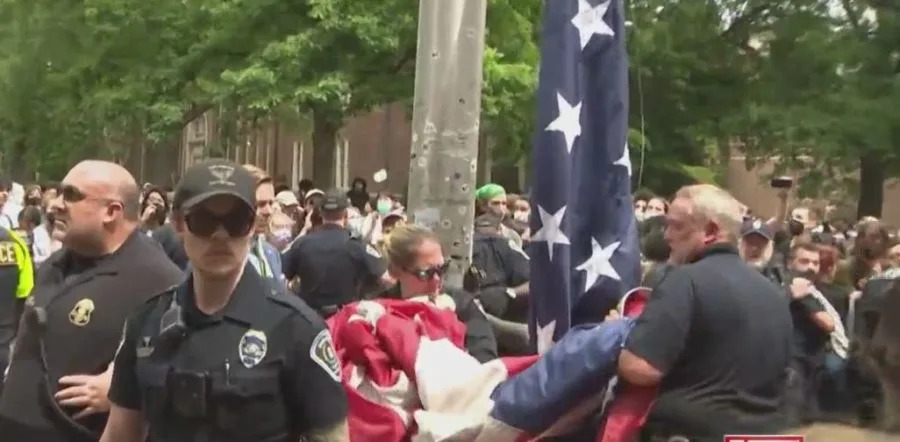
RALEIGH, N.C. (AP/WNCN) — As North Carolina’s public university system considers a vote on changing its diversity policy, the UNC-Chapel Hill board voted Monday to cut funding for diversity programs in next year’s budget.
The University of North Carolina at Chapel Hill Board of Trustees unanimously approved a change that would divert $2.3 million of diversity spending — known as DEI for diversity, equity, and inclusion — from state funds to go toward public safety and policing at a special meeting to address the university’s budget.
One board member told CBS 17 that he believes the DEI programs only divide campuses
“The DEI efforts seemed counterproductive to that effort to treat people based on who they are as a human, not based on any kind of characteristic they might have,” Board of Trustees budget chair Dave Boliek said.
The board’s vote would only impact UNC-Chapel Hill’s diversity funding, which could result in the loss of its diversity office.
UNC will join the ranks of other notable public universities that have stripped diversity spending, such as the University of Florida in Gainesville, which announced in a March memo it was reallocating funds to faculty recruitment.
But unlike UF, which implemented its funding rollback after the state Legislature passed a bill banning diversity program spending at state universities, UNC “set the tone” on funding cuts before the North Carolina Legislature stepped in, budget chair Dave Boliek said.
Much of the conversation Monday was around protests these past few weeks, but board member Dave Boliek said the active shooter that killed a faculty member at the beginning of the fall semester was a factor for him.
“We’re going ahead and, you know, sort of taking a leadership role in this. That’s the way I view it,” Boliek said on Monday after the vote.
The change would go into effect at the start of the 2024-2025 fiscal year on July 1, Boliek said. Any jobs that could be impacted would occur after that date, although Boliek said he wasn’t sure how many positions may be affected.
But the decision about whether the spending cut would remove UNC’s Office of Diversity & Inclusion will be up to the university’s flexible management plan, which is operated by interim Chancellor Lee Roberts and his team. The diversity office has 12 staff members, including a chief diversity officer, according to its website.
The budget, which includes the $2.3 million amendment, will now be submitted to the University of North Carolina Board of Governors, UNC spokesperson Kevin Best said in an email.
The vote to shift more funding to public safety comes as continued pro-Palestinian protests on UNC’s campus have resulted in several arrests in recent weeks. The budget committee vice-chair Marty Kotis said law enforcement has already been forced to react to protests, but they need more funding to keep the university “safe from a larger threat.”
“It’s important to consider the needs of all 30,000 students, not just the 100 or so that may want to disrupt the university’s operations,” Kotis said. “It takes away resources for others.”
But Boliek, who is also running for state auditor in Tuesday’s runoff elections, said the timing of the reallocation was “happenstance” and that internal conversations on diversity spending cuts have persisted for almost a year.
Since the U.S. Supreme Court struck down affirmative action in college admissions last year — in which UNC was sued for its admission policies — the board has continually considered how it should handle university diversity programs, he said. Diverting more money toward public safety was also a concern for the board in the aftermath of a fatal August shooting on the UNC campus that left one faculty member dead.
“It makes sense where we can take money that I believe is not being productively used and put it to something that is more productive, and that is providing public safety,” he said.
Before the start of North Carolina’s short legislative session, Republican House Speaker Tim Moore told reporters there was interest in pursuing anti-DEI legislation but wanted to let university boards review their diversity policies first.
At least 20 states have seen Republican bill proposals seeking to limit diversity and inclusion programs in several public institutions such as universities.
Now, all eyes are on the UNC Board of Governors, whose 24 members are expected to vote next week on changing its diversity policy after the board’s university governance committee voted to reverse and replace the rule last month. The change would alter a 2019 diversity, equity, and inclusion regulation that defines the roles of various DEI positions at 17 schools across the state — and it would appear to eliminate those jobs if the policy is removed.
If the alteration is approved, it will take effect immediately.
University of North Carolina to dump 'divisive' DEI, spend funds on public safety
Jorge L. Ortiz, USA TODAY
Updated Mon, May 13, 2024 at 6:16 PM MDT·2 min read
Amid campus protests nationwide and a push to revise diversity policies at state public universities, the Board of Trustees for the University of North Carolina at Chapel Hill voted Monday to redirect the $2.3 million that funded diversity, equity and inclusion programs toward public safety measures.
The unanimous decision comes ahead of a vote next week by the UNC Board of Governors that’s expected to limit DEI initiatives and may lead to personnel layoffs. The board's governance committee approved the change for all public colleges and universities in April, but the move requires a vote by the full board.
Trustee Marty Kotis, vice-chair of the budget committee, said the funds are needed for campus policing and safety in light of the pro-Palestinian protests that swept through college campuses in late April and earlier this month. At UNC Chapel Hill, 36 demonstrators were detained – six of them arrested – and the U.S. flag was replaced by a Palestinian one during an April 30 protest.
“It’s important to consider the needs of all 30,000 students, not just the 100 or so that may want to disrupt the university’s operations,” he said.

The American flag is surrounded by a temporary barrier at Polk Place at the University of North Carolina at Chapel Hill on May 1, 2024. The day before, protesters removed the American flag and raised the Palestinian flag following arrests and the breaking up of an encampment on campus.
Kotis also called DEI policies, first implemented at North Carolina’s flagship university in 2017, “discriminatory and divisive,’’ according to Chapel Hill-based public radio station WUNC.
“I think that DEI in a lot of people’s minds is divisiveness, exclusion and indoctrination,” Kotis said, according to WUNC. “We need more unity and togetherness, more dialogue, more diversity of thought.”
The UNC Office of Diversity and Inclusion, which did not respond to USA TODAY messages seeking comment, says in its website that it aims to “celebrate all members of the Carolina community, to broaden our collective understanding, and foster a sense of belonging by uplifting diverse identities, cultures, experiences, and perspectives.’’
Pulitzer Prize-winning journalist Nikole Hannah-Jones, a noted UNC alumna, retweeted a story by the Raleigh News & Observer reporting on the DEI story, but she did not comment on it.
Hannah-Jones, who created the acclaimed 1619 Project for the New York Times Magazine exploring the legacy of slavery in the U.S., was appointed to a professor position at UNC in 2021, but the Board of Trustees rejected the journalism department’s recommendation and denied her tenure, leading to an outcry from students and faculty. She eventually turned down the post and joined the Howard University faculty instead.
North Carolina is only the latest in a string of states taking aim at DEI programs in public universities, a move spearheaded by conservatives. Texas and Florida are the two largest states to banish them, behind GOP governors Greg Abbott and Ron DeSantis, respectively. North Carolina has a Democratic governor in Roy Cooper, but Republicans have at least a 20-seat majority in both the state Senate and the House.
This article originally appeared on USA TODAY: University of North Carolina to dump 'divisive' DEI, spend on safety
